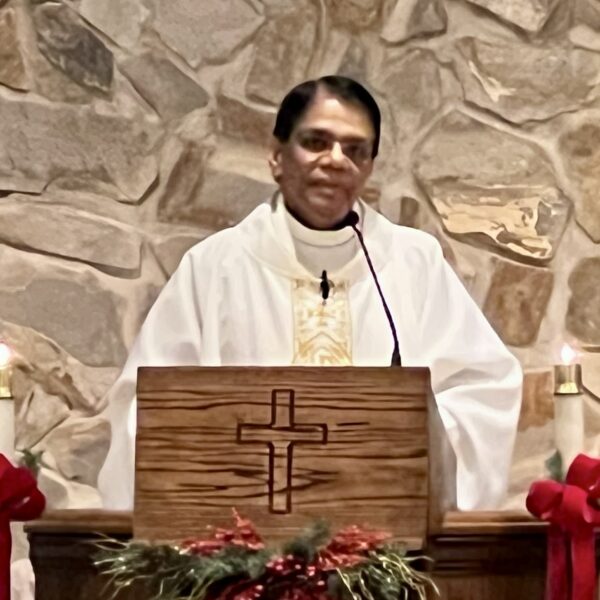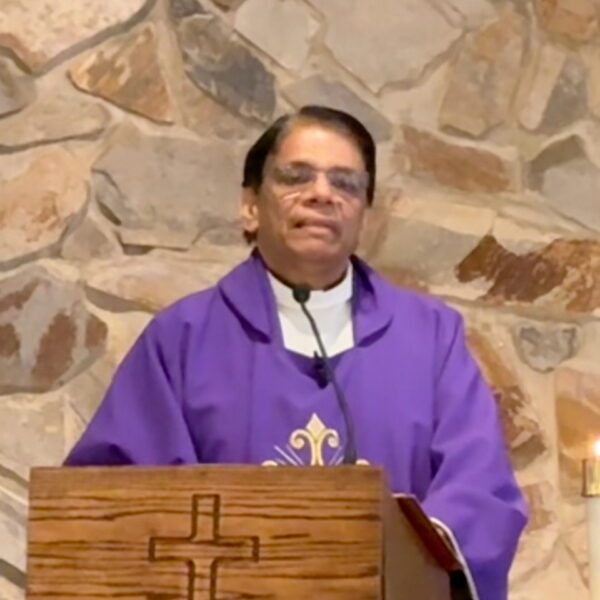Accept God’s Will
Balu was a very humble and God-fearing man. He was very knowledgeable about many things in the world. One day while he was traveling along the mountain side, he found a green piece of rock on the side of the mountain. As soon as he saw it, he realized that it was a precious and very costly stone. Balu decided to give that precious stone as a great gift to the king. So, he gave the gemstone as a gift to him, but the King’s advisory team told the king that it was not a gemstone. It was only an ordinary stone and Balu was trying to deceive the king. The King was so angry with Balu that he put him in prison for trying to cheat the king. They cut off his toes as a punishment. Though they tried to punish him cruelly, Balu was not giving up his effort. After a few years, the king died and a new king came in his place. Balu again took the green gem to the new king and presented it to him as a gift. The king called the gem experts and asked them to verify it, and the gem experts said this was the costliest gem in the world. The value of it was huge, and the king was very much taken by that. He called Balu to come to the Palace and receive great gifts he had for him.
As we hear in today’s gospel: Whoever loves me will keep my word and my Father will love him. We shall do everything for the greater glory of God always. Without the knowledge of God nothing will happen to us. We shall always pray that God’s will be done in our lives in all the circumstances of our lives. Accept God’s will and God will help us to do things accordingly.
As Jesus tells us: “For human beings it is impossible, but for God, all things are possible.” Wait for God’s response; the time will come. Do not be afraid. Whatever God’s will is, that will happen to us. It may take time, but surely it will take place. So, do not be afraid about what human beings say. Depend on God’s will. May God bless you all.
Love and prayers,
Fr. Charley


